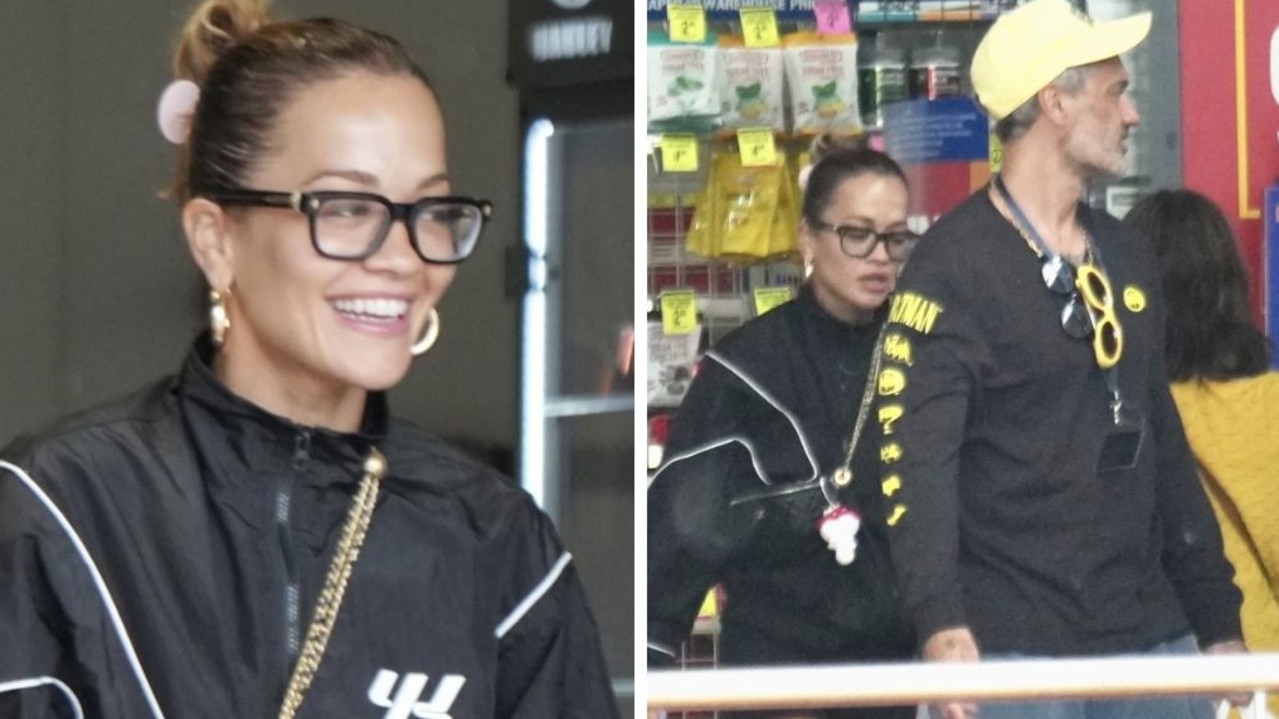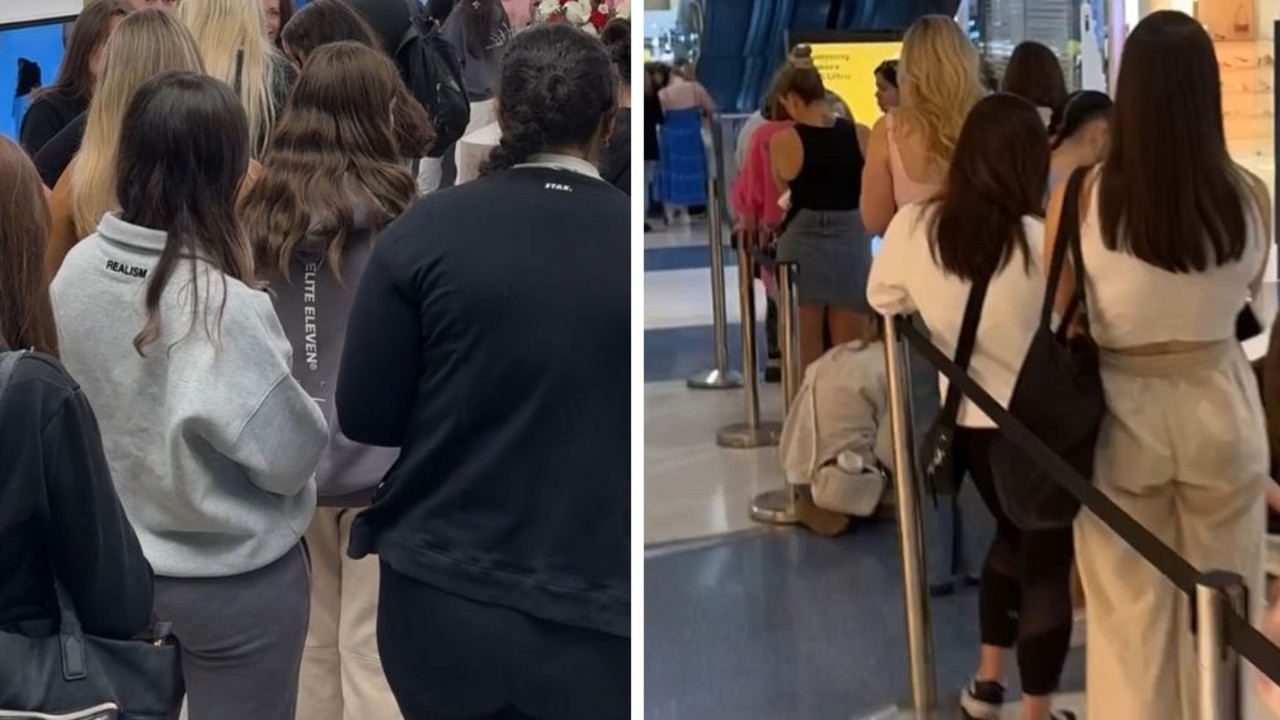8.3 million signatures call for end to cosmetic animal testing
BARBARIC and cruel tests on animals still happen in the name of beauty. But some big names are being used to call for change.
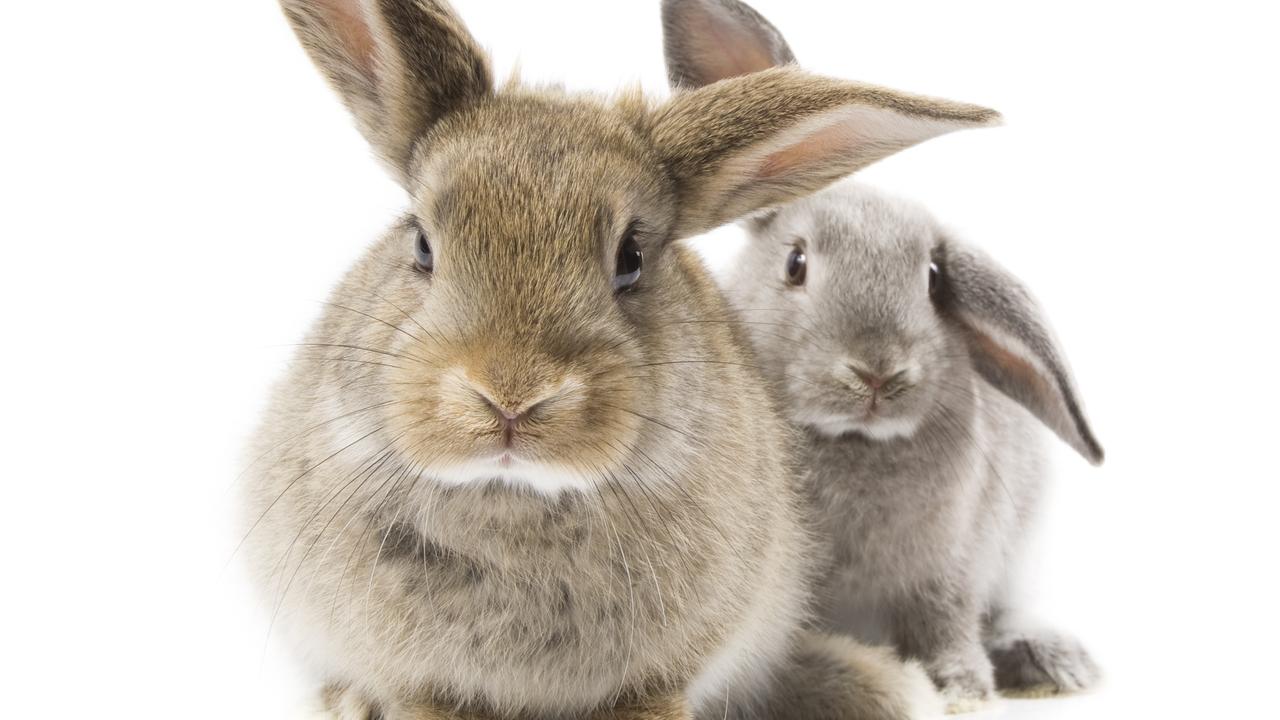
IT IS hard to believe animal testing in the name of beauty still happens, right?
But 500,000 animals — usually mice, guinea pigs, rats, and rabbits — are tested on each year. The tests are drawn out and painful. They involve the animals being shaved and having chemicals rubbed into their skin, dropped into their eyes or poured down their throats. And then they are killed at the end of each test.
The Body Shop, along with Cruelty Free International, has been advocating for change for so long (since 1989, in fact) that many people assume that cosmetic animal testing is a thing of the past.
It is not. And on Thursday, World Animal Day, the two organisations took a parade of dogs, celebrities and influencers, and a collection of more than 8.3 million signatures to the United Nations in New York.
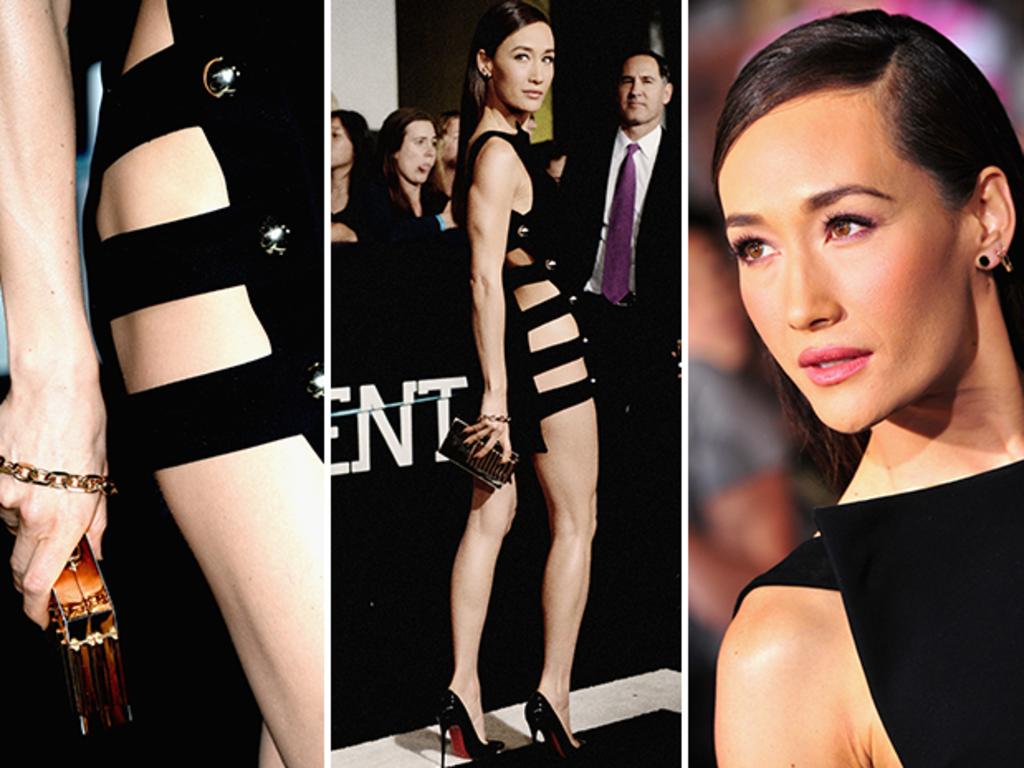
The Body Shop has been collecting these signatures since June 2017 as part of its Forever Against Animal Testing campaign. It has called it “the most ambitious campaign ever against animal testing”.
The Body Shop relied on star power to get this over the line, using some big names to help collect the signatures but then also deliver them to the UN.
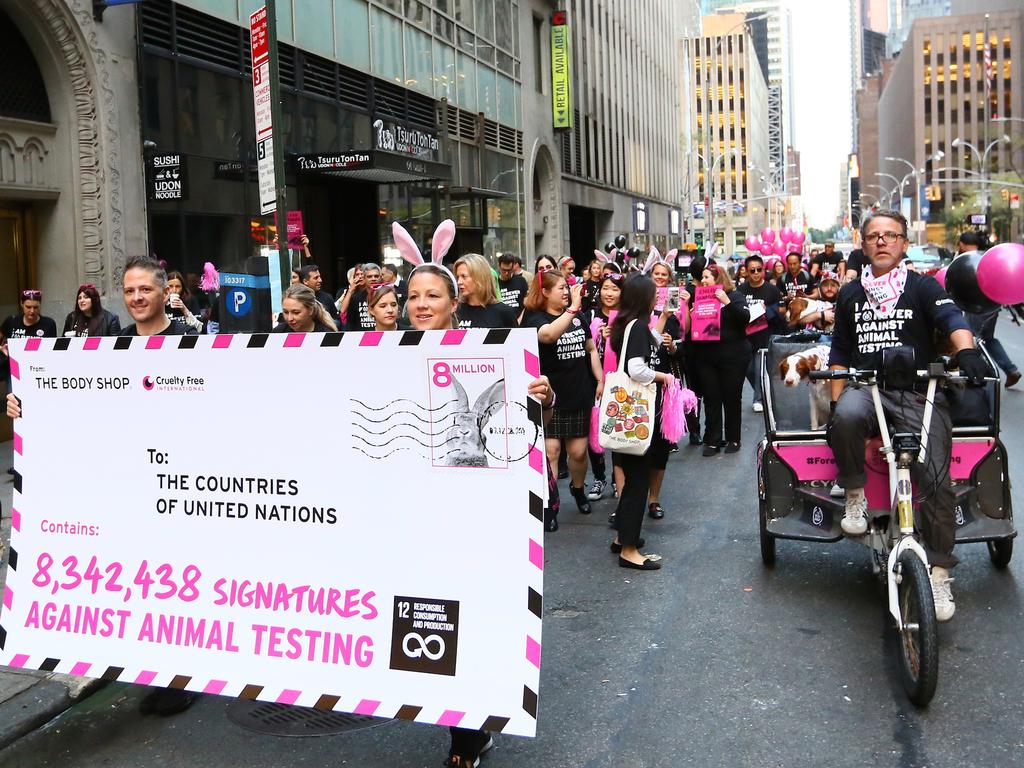
English model and singer Pixie Geldof led the walk to the UN which included some cute dogs, New York pedicabs, some matching T-shirts and balloons. She was with her husband, George Banett, and the two were extremely laid-back and a big part of the event.
Jacqueline Fernandez, a Bollywood actress and Indian Body Shop ambassador also supplied some serious celebrity influence with her 22 million Instagram followers.
American actress Maggie Q, from TV drama Designated Survivor and Mission: Impossible III, and her famous husband Dylan McDermott from The Practice joined in later in the day. And representing Australia was Byron Bay-based influencer Montana Lower and news.com.au.
The idea was that the 50-strong crew would walk from The Body Shop at Rockefeller Center to the United Nations before going inside for a roundtable meeting. The stunt backfired slightly, with UN security turned off by the big group, chanting songs and flapping balloons and streamers. Entry was denied as security believed it was a protest march so the meeting was swiftly shifted to another building.
The group was not deterred and still thought it was a chance to highlight the need for collaboration among the cosmetic industry, communities and governments.
W HY THIS MATTERS
Surprisingly, 80 per cent of countries around the world still have no laws protecting animals against testing for ingredients in cosmetics. And that includes Australia.
Cosmetic companies do not run tests in Australia but test on animals happen elsewhere in the world and those products end up on our shelves. Australia is dragging its feet on the issue. The government delayed the ban earlier this year, almost two years since it announced plans to stop the cruel tests. The legislation has been pushed back to 2019, meanwhile the European Union, New Zealand and India have stopped testing.
Cosmetic animal testing has actually been banned in the EU since 2013, and Cruelty Free International CEO Michelle Thew said Europeans still have a thriving industry.
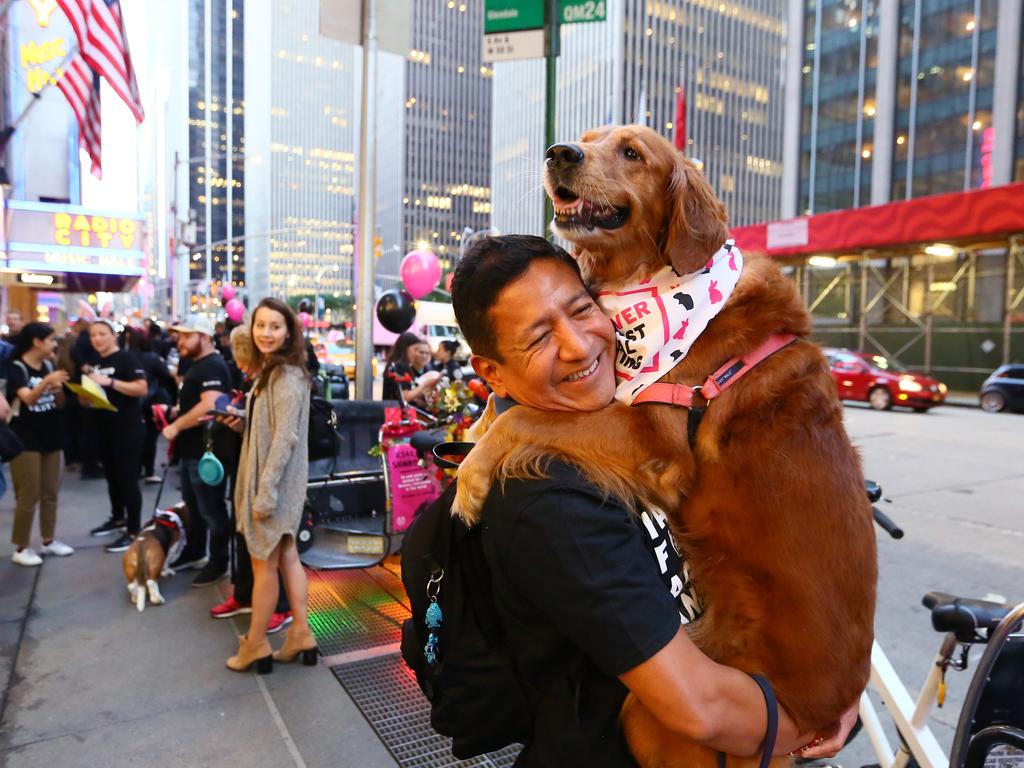

OTHER ALTERNATIVES
Ms Thew said people were misinformed about cosmetic animal testing. She said animal testing was “a lot less reliable, old-fashioned, expensive and inefficient”.
She said it was much more important to look at the scientific alternatives to animal testing.
“We can use technology that is more relevant to humans, including sophisticated computer models and reconstituted human skin donated by volunteers,” she said.
Ms Thew said reconstituted skin tests had been found to be 76 per cent accurate at predicting human skin reactions. The tests on rabbits are only correct 60 per cent of the time.
“It’s about animal protection but it’s also more reliable,” she said.
8.3 MILLION SIGNATURES. WHAT NOW?
Jessie Macneil-Brown, global head of activism at The Body Shop, said the signatures were just the start of the conversation and there was a long way to go.
“It’s just the beginning but these signatures demonstrate the support,” she said. “This sends a strong political message.
“Cruelty-free is now one of the biggest trends in cosmetic industry. We will not rest until we have a global agreement to end animal testing everywhere, forever.”
The Body Shop also said a global framework was the only way to eliminate animal suffering and encourage more scientific innovation into human-relevant non-animal alternatives.
But Ms Macneil-Brown stressed that people didn’t have to wait for a ban. You can search for cruelty-free products here.
“Consumers can use their purchasing power to make a difference to drive change,” she said. “Consumers have the power to transform sectors more quickly than changing governments.”
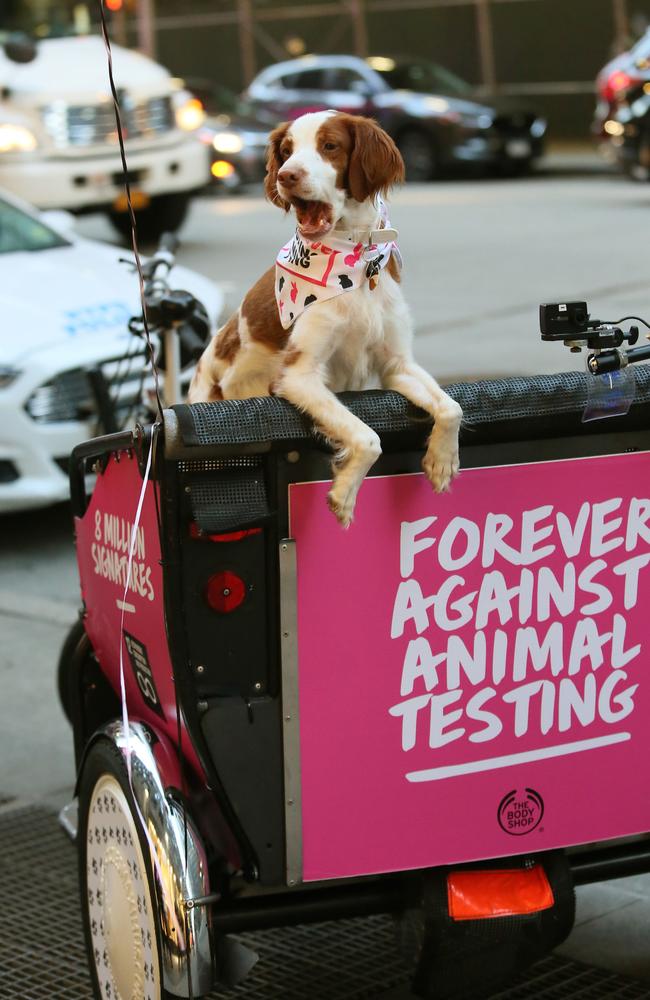
- You can search for cruelty-free products here.


